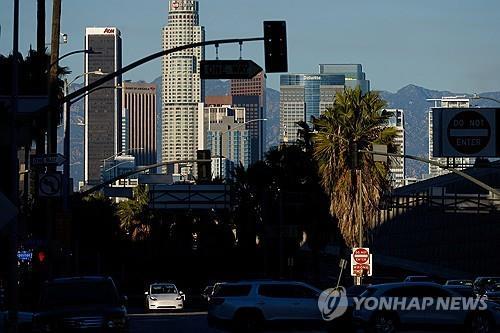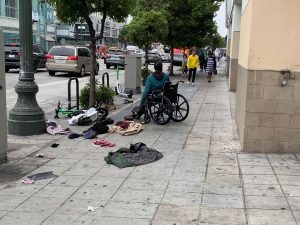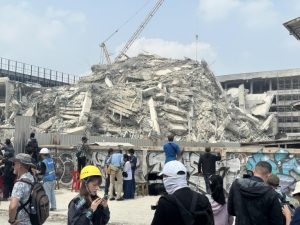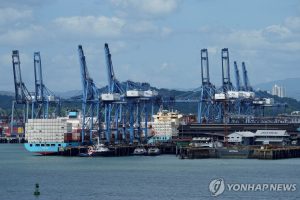Online Solicitation and Covert Prostitution Still Rampant in Southern California
Following the exposure of a high-end, membership-based prostitution ring operated by three Korean-Americans targeting politicians, doctors, and professionals in the Eastern U.S. and Los Angeles last year, the potential disclosure of the client list has become a focal point of interest.
In November last year, three Korean-Americans, including a main suspect from Southern California, were caught operating a membership-based prostitution ring in Tysons and Mosaic District, Virginia, as well as in New York and Boston. The case, which reportedly involved numerous social elites, has led to the investigation and indictment of 28 clients. These individuals are now desperately trying to keep their identities secret through legal means.
On the 9th, the Boston-based legal news outlet “Courthouse News Service” reported that the Massachusetts court is currently deliberating whether to release the names of the high-end prostitution ring’s clients. According to the report, prominent figures indicted in this case requested anonymity during a preliminary hearing at the Massachusetts Supreme Court, but the court is unlikely to grant this request.
The 28 men involved as clients in this high-end prostitution ring include elected officials, executives from tech and pharmaceutical companies, doctors, military officers, government contractors with security clearances, professors, lawyers, scientists, and accountants. A lawyer representing 16 of these individuals attended the trial and requested the court to keep their names confidential.
The defense argues that it would be unfair to publicly disclose the names before the trial concludes, as the charges could be dropped if the defendants win the case, potentially shattering their lives. However, the court countered that damage to reputation alone does not typically constitute a violation of due process, questioning what makes this case different from others.
Several media outlets are persistently requesting the disclosure of the men’s names, citing the public’s right to know. One Supreme Court Justice also argued that name disclosure is in significant public interest and ensures that powerful individuals do not receive preferential treatment through non-disclosure.
Last November, the U.S. Attorney’s Office for the District of Massachusetts announced the arrest and indictment of three individuals in connection with this case: Han Lee (41) from Cambridge, MA, Junmyung Lee (30) from Dedham, MA, and James Lee (68) from Torrance, CA.
The high-end prostitution network operated primarily in Massachusetts and Virginia. The involvement of James Lee from Torrance has raised suspicions about potential connections to Southern California. The ring recruited clients mainly through two websites and provided air travel and accommodation for Asian women involved in prostitution, suggesting the possibility of operations in other regions as well.
This case has also raised awareness about the ongoing covert prostitution in the Korean-American community in Southern California, including Los Angeles. According to police and Korean entertainment industry insiders, online advertisements soliciting prostitution are still prevalent in Korean-populated areas, including Koreatown in LA. Frequent prostitution activities are reportedly occurring in upscale condos and apartments. Multiple pornographic websites advertising prostitution services are easily searchable, often featuring photos of Asian women. Recently, there have been reports of prostitution expanding into Chinese communities as well.
Recent data from the Los Angeles Police Department (LAPD) shows that nearly 1,000 individuals have been arrested this year on charges related to prostitution or solicitation. In 2022, the Riverside County Sheriff’s Department arrested two Koreans in Hemet Valley for operating a prostitution business.



















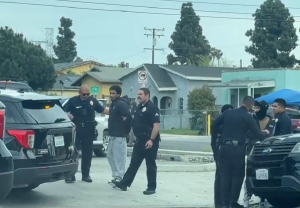
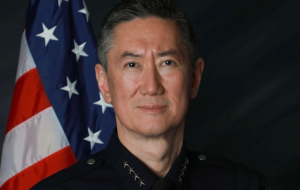
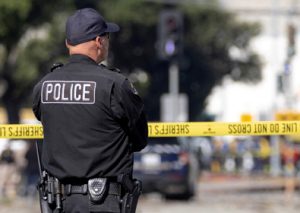

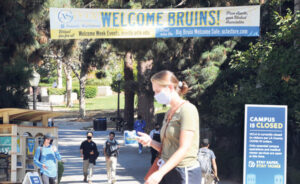



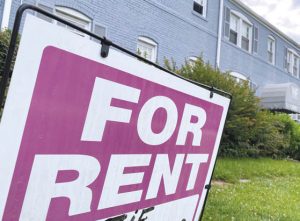



























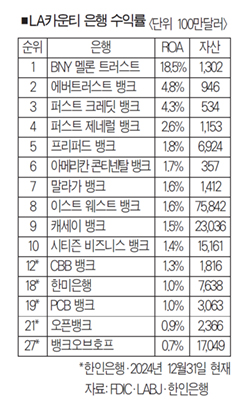
 4분기 40개 은행 분석
4분기 40개 은행 분석









